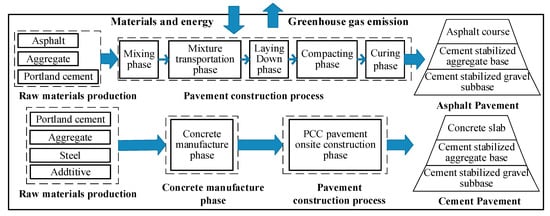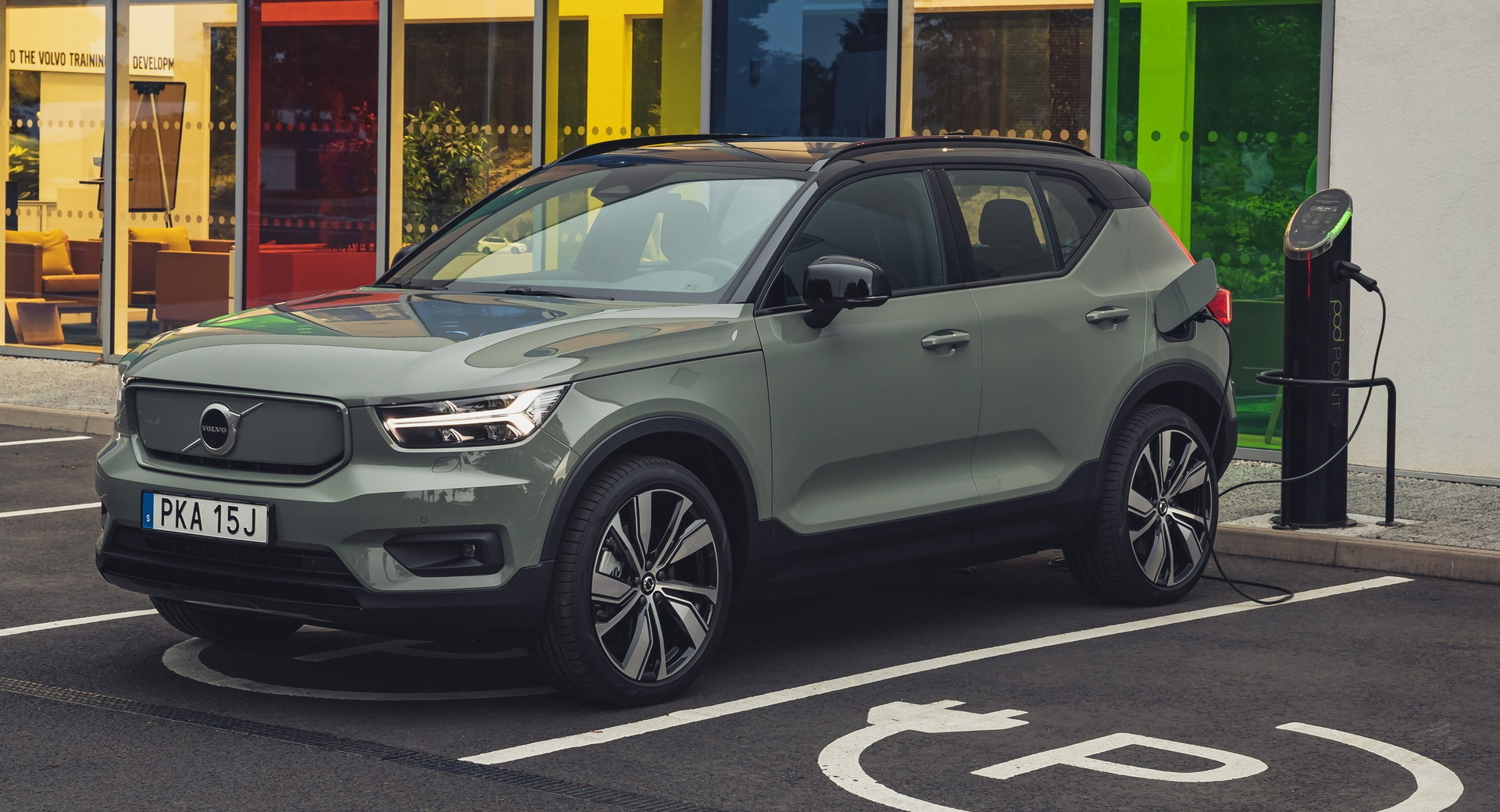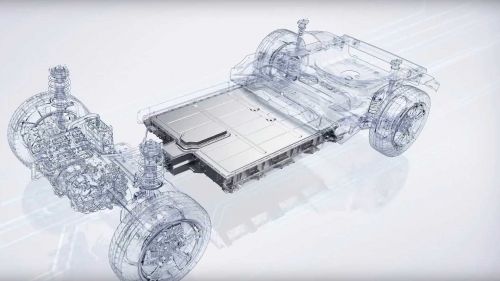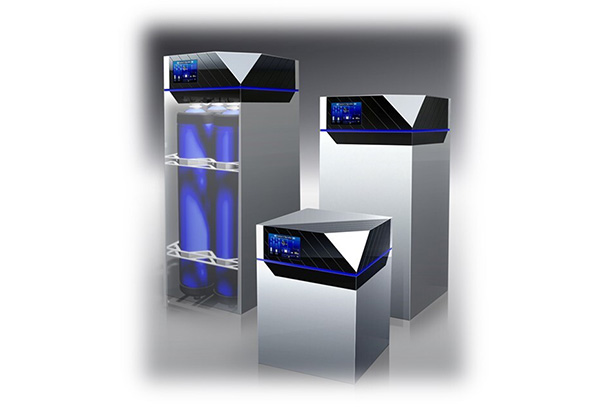Ananda
The Bunker Group

Hydrogen’s decade
The global race for clean hydrogen means new geopolitical realities and interdependence
This part of the article explain why Investment in Hydrogen increasing and as IMF put, will going exponential in this decade. One thing with hydrogen potential of either Blue, Grey and Green ones, is potential for more energy independence. Batteries is still going to depend on those producers and raw materials reserve holders.Unlike oil and gas, hydrogen is a manufactured product. It can be produced wherever you have electricity and water. Even when it is produced from natural gas, it is a conversion business rather than an extraction business. Hydrogen is therefore not a zero-carbon version of oil.
In such that's not going be much difference with dependences toward Fossil Fuels producers. This is why resource poor country like Japan is investing big on Hydrogen. Even China and South Korea also goes there. China in fact invest on every potential of renewable energy sources. Hydrogen shown potential for some rich but resources poor nations to be more energy source independence.
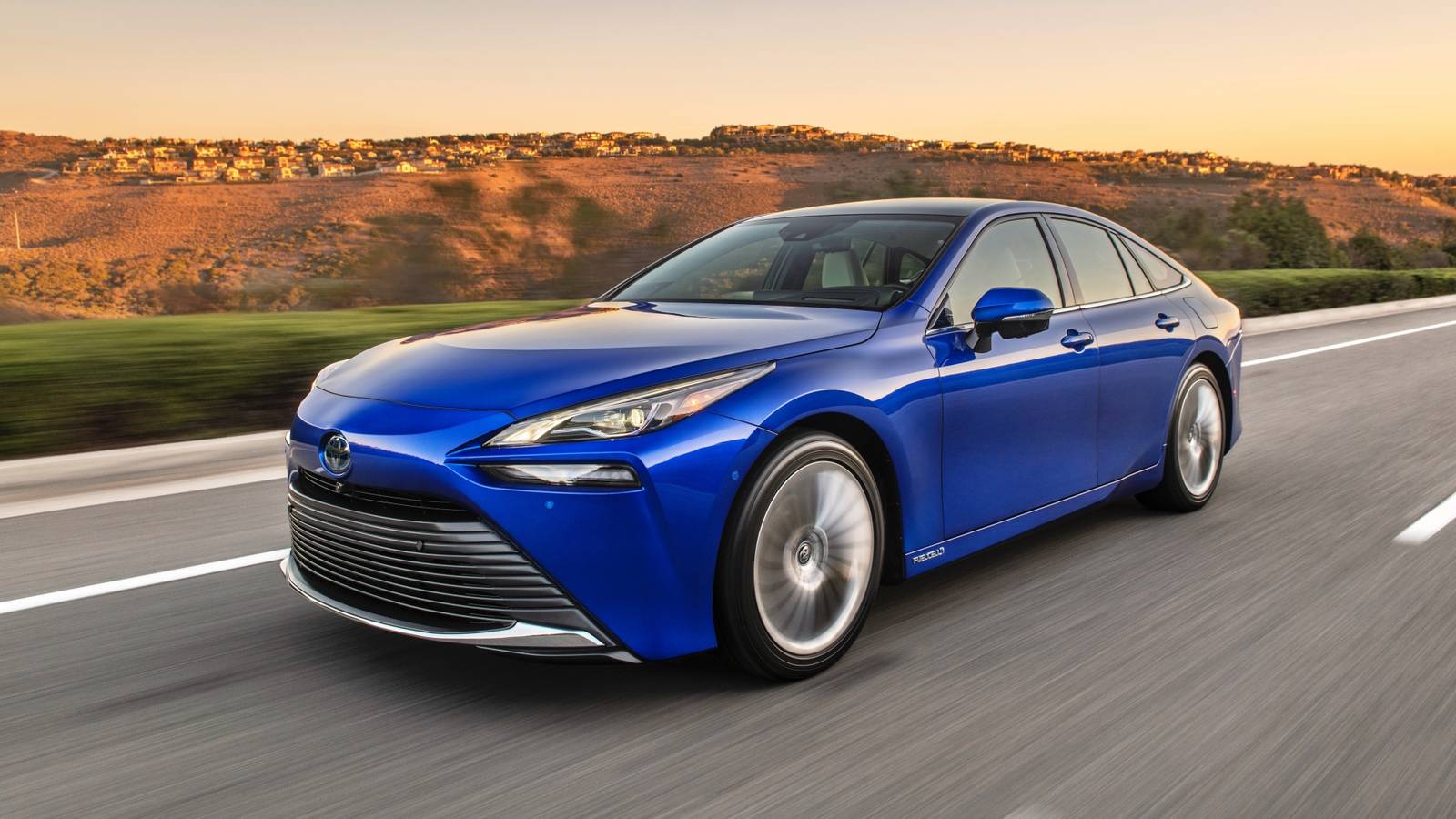
Why Hydrogen Cars Are Better Than Electric Cars
Hydrogen cars offer the best of ICEs and EVs, and with a lot of automakers investing in this technology, we'll soon see a lot of them on the road
Ford has patented an internal combustion engine that burns hydrogen instead of gasoline. Toyota has also developed a hydrogen engine for the Corolla Sport H2 concept, which has already been tested in racing. While the is still in the research phases, a hydrogen engine would take all of the developments in engine design throughout the history of the automobile, and use them on a clean-burning fuel
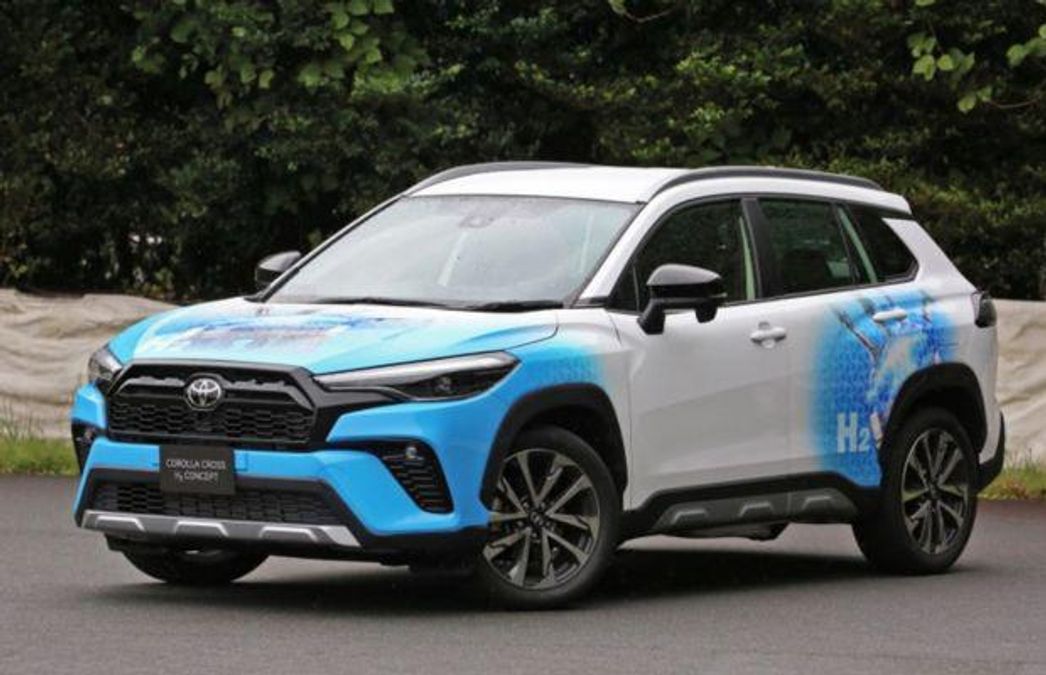
Beyond Batteries: Hydrogen Combustion Engine, A Viable Alternative for Clean Mobility
Hydrogen Combustion Engine can be a huge rival to current EV technology, marred with several challenges like range anxiety and charging time.
What many market analyst now watch on potential hydrogen game changer is not the Hydrogen Fuel Cells, but the Hydrogen ICE (Internal Combustion Engine). What some market already drop is Hydrogen Fuel Cells. Hydrogen ICE is being watch because it is make possible current ICE tech being converted on using Hydrogen as Fossil Fuel replacement.

Hydrogen-Fueled Gas Turbines | GE Vernova
Learn more about GE Vernova's leadership in the use of hydrogen in gas turbines, and what it will take to reach a 100% hydrogen future.

How Does A Hydrogen Jet Engine Work?
As Airbus and CFM partner on the manufacturer's A380 testbed, we take a look at how hydrogen internal combustion engines work.
In the end economics that matter. ICE replacing steam engines because the economics and potential of ICE making more sense then steam engines. Alternative Energy is still more or less new, and everything still evolving. However Hydrogen ICE is being watch cause it is simply going to be:The fuel cells generate electricity from hydrogen and then use that electricity in an electric motor, much like an electric vehicle. Meanwhile, with internal combustion, hydrogen is used the same way as gasoline or jet fuel. Liquid or gaseous hydrogen is burned in a gas-turbine engine to generate thrust.
1. More familiar with the market and customer,
2. Using existing support systems,
3. Current Energy giant support Hydrogen as it can use their existing distribution infrastructure.
Batteries will have advantage on certain market, and saying all market will choose only batteries or hydrogen or other alternative energy is not realistic. Again no one type of alternative energy so far able to be alternative for fossil fuels by only it self.
One other thing, who can be sure even that fossil fuels will go away ? That's so far only some western liberal believe and hope. There those in West especially US that going to cling on with their precious gasoline.
Africa for one thing will going to out strip Asian population in next few decades. They will (like most Global South) use the energy choices that more benefits them, regardless what OECD and West going to say. Most global population will choose what energy source that matter most with their income. Who can be certain that alternative fuels will be affordable for most Global South population? That's where most global population living.

How Inadequate Energy Supply Is Disrupting The World Economy | OilPrice.com
The world economy is at risk of collapsing due to insufficient energy supply, with signs of distress evident in rising conflicts, fragmentation of political parties, and shortages of goods and services.
Something to think about. As world getting crowded, economies competing on energy resources that available, World need multiple energy sources in foreseable future. This includes keep extracting fossil fuels. Because it is not going be enough energy supply available if it is only using one or two energy sources.Likewise, the world economy requires a variety of energy products to operate. Substitutions can sometimes be made, but the overall quantity must be sufficient to support the activities of the economy, including providing adequate food and water for the population and ways to transport these items to the population that needs them.
Each market/economies will use their choices of energy base on each economical preference and their capabilities.
Last edited:




